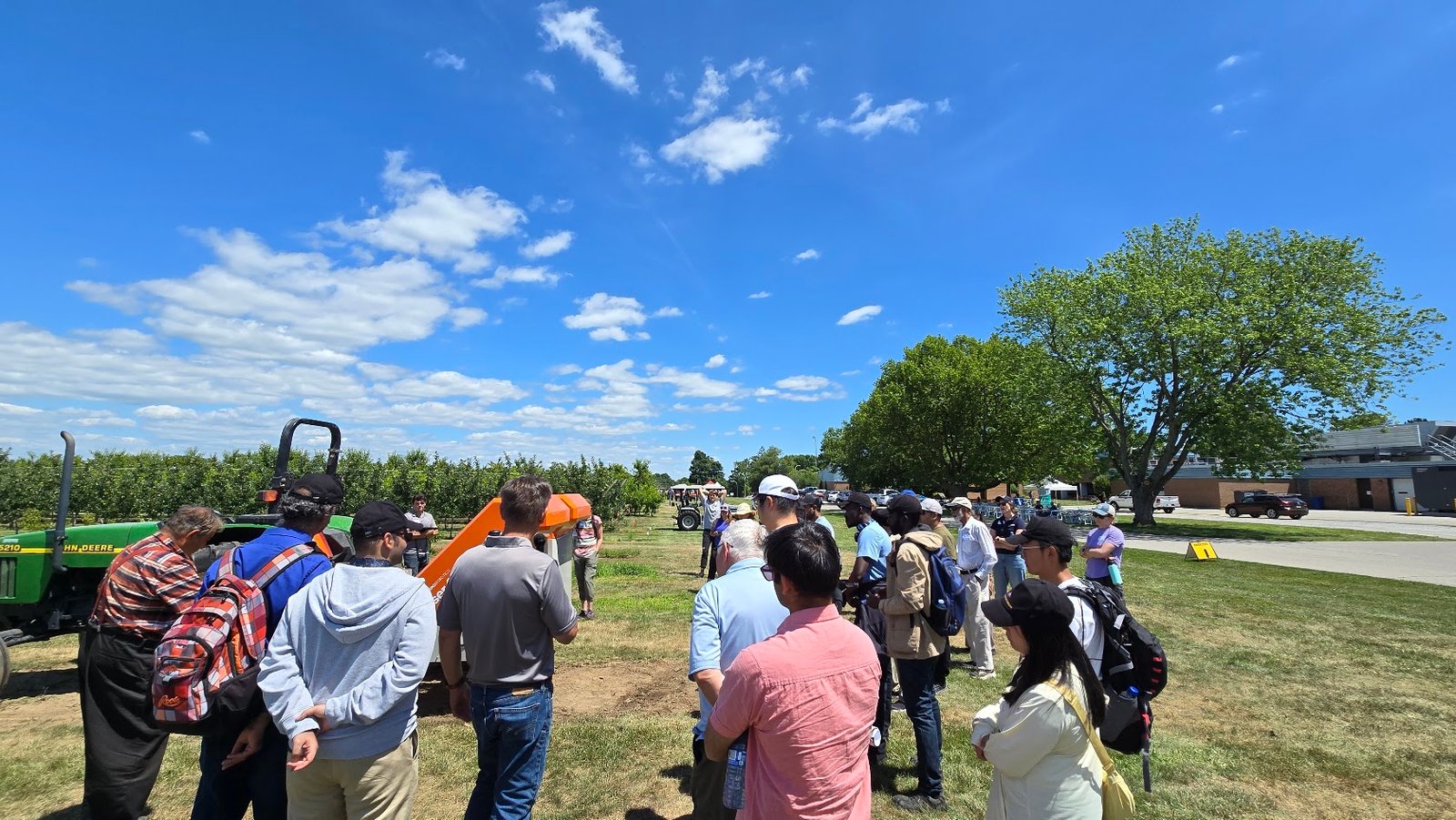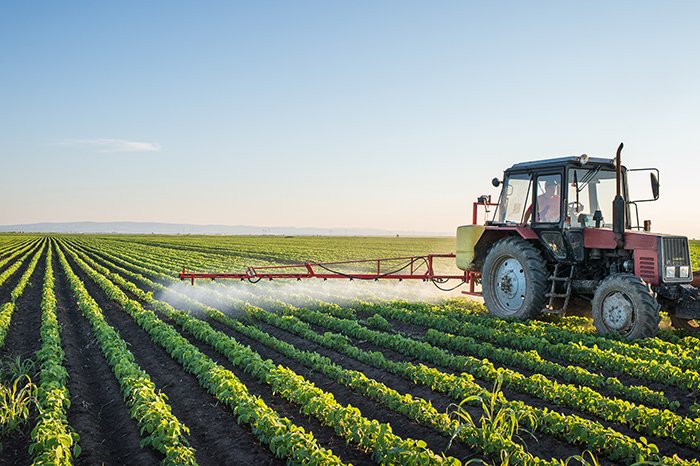Agriculture is a fundamental part of economies and societies across North America. It’s a sector that constantly evolves, driven by science-based knowledge and innovation to increase productivity and profitability. But getting that crucial information and those new technologies from researchers and experts to the farmers and rural communities who need them is where agricultural extension and advisory services play a vital role.
Agricultural extension acts as a critical bridge between agricultural research institutions, universities, government agencies, and the diverse needs of farmers, agribusinesses, and rural communities. Its historical roots in North America are deeply tied to disseminating practical, science-based knowledge to improve farming practices. Early efforts often involved universities and government-funded research stations working directly with farmers through demonstrations, field days, and consultations.
In today’s rapidly changing world, the importance of effective agricultural extension is arguably greater than ever. The sources highlight several key reasons why:
- Increasing Productivity and Profitability: Historically and currently, a core function of extension is providing knowledge and information to help farmers improve their operations, making them more productive and financially viable. While the private sector increasingly offers advisory services focused on productivity for larger farms, public extension often retains a focus on this for a broader range of producers.
- Addressing Complex Challenges: Modern agriculture faces numerous complex challenges that require sophisticated knowledge and adaptation. Extension is essential for helping farmers navigate issues such as climate change adaptation and mitigation, improving soil health and water management, and dealing with biosecurity risks like diseases and pests. These are often considered “public goods” issues that the private sector may be less inclined to address.
- Supporting Diverse Communities: The sources emphasize the need for extension to address the diverse needs of the rural sector, including poorer rural communities, small farms, youth, and ensuring inclusivity. For small and medium-scale farmers, especially, accessing unconditional advisory services can be challenging as public extension services have been reduced.
- Building Capacity and Human Capital: Extension is fundamentally about capacity building – developing the skills and knowledge of farmers, future producers, and even extension professionals themselves. This includes mentoring for innovation, facilitating learning-by-doing through initiatives like field schools, and incorporating extension into research and education programs. It also involves developing entrepreneurial skills and strengthening local markets.
- Fostering Innovation and Knowledge Sharing: Extension services facilitate the adoption of innovative practices and technologies. They work with farmers and other stakeholders to test and adapt new approaches, manage knowledge, and foster innovation networks. In the digital age, extension professionals also need to help combat misinformation and navigate the complexity of contentious issues.
- Contributing to Food Security and National Security: Access to safe, healthy, and affordable food is a critical concern, with food insecurity affecting a significant portion of the global population. Extension plays a role in stabilizing food production and supporting the agri-food sector, contributing directly to food security goals.
- Generating Economic Returns: Studies cited in the sources suggest that investment in agricultural extension yields high returns. This underscores the economic case for supporting these services.
While the structure and delivery of extension services vary across North America – from the province-led system in Canada with significant private sector involvement, to the university-based Cooperative Extension System in the United States, and a multi-faceted system in Mexico involving various public institutes and evolving private services – the underlying need for knowledge transfer, capacity development, and support for the agricultural sector remains constant.
The formation of the North American Agricultural Advisory Network (NAAAN) itself signals a recognition of the need for increased collaboration, knowledge sharing, and a unified voice among extension professionals in Canada, Mexico, and the United States. By working together, the NAAAN aims to tackle shared challenges and build stronger coalitions for food security.
In conclusion, public investment in agricultural & rural extension is not an outdated concept but a dynamic and essential function. It is vital for ensuring the continued productivity and sustainability of agriculture, adapting to new challenges, fostering innovation, supporting diverse communities, and ultimately contributing to food security and rural well-being. Continued attention and investment in agricultural extension capacity are crucial for navigating the future of the agri-food sector across North America.
Read the Report of the NAAN (English, French and Spanish)


